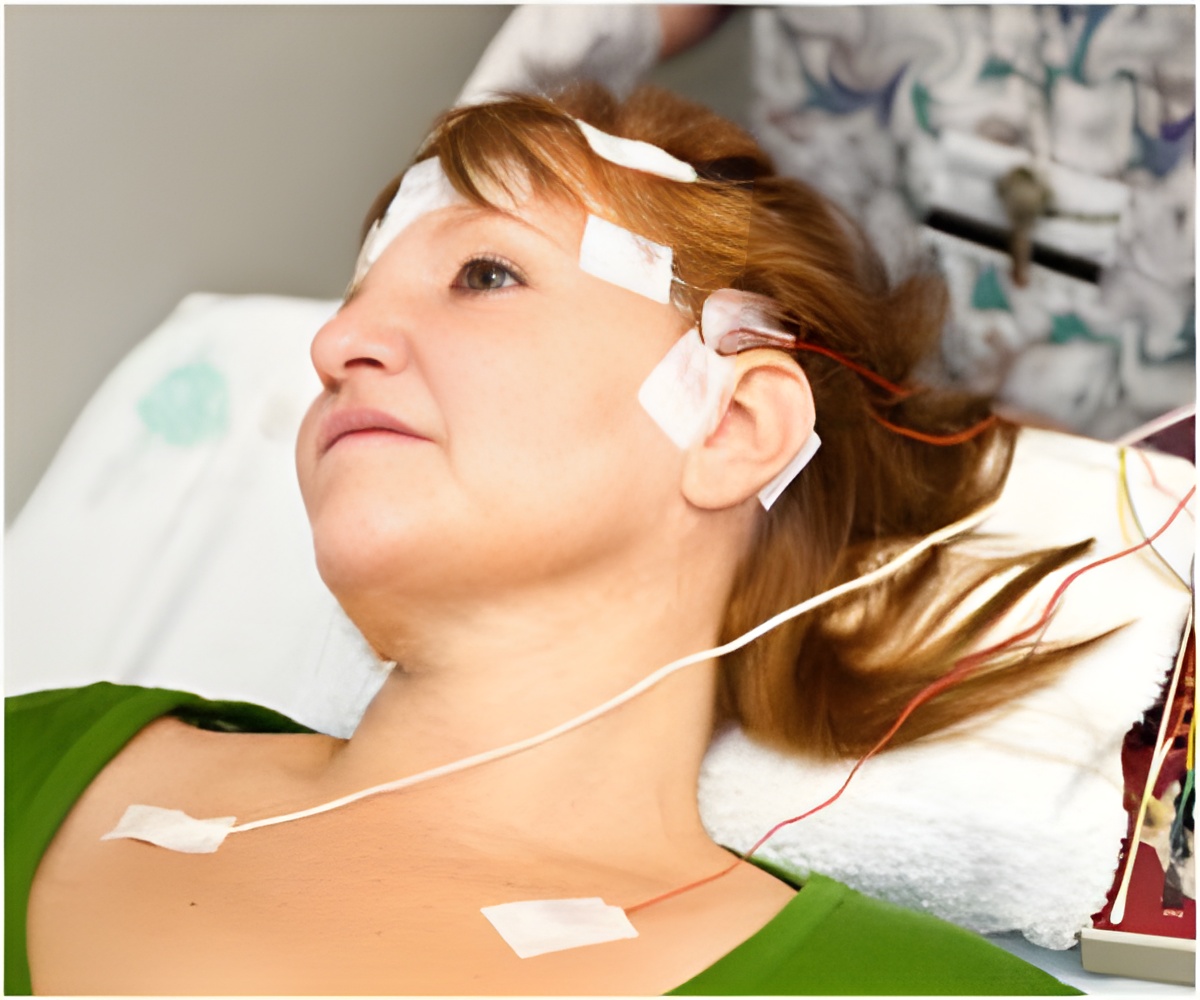One in 10 patients is at risk of having new post-traumatic stress disorder (PTSD) related to their ICU experience up to a year post-discharge.

‘One in 10 patients, is at risk of having new post traumatic stress disorder related to their ICU experience up to a year post-discharge.’





The cumulative incidence of PTSD was 6-12% within one year following hospitalization. Dr. Patel said, "Although lower than prior research and public perception suggests, the rate of ICU-related PTSD is very comparable to the 8% PTSD rates seen in current and former service members deployed to the recent Iraq and Afghanistan conflicts. It is important to understand more about PTSD following the traumatizing events of a critical illness so we can better support the growing number of ICU survivors." PTSD can occur in patients after the traumatizing events of critical illness, and this study provides estimates on new cases of PTSD stemming specifically from the ICU experience. Pre-existing PTSD has rarely been systematically assessed in prior cohorts, and this study took extra effort to distinguish pre-existing PTSD from new PTSD cases. Civilian populations have dominated the literature of PTSD after critical illness, and this study is the first to also include the expanding and aging Veteran population.
Assessing risk factors for ICU-related PTSD, the researchers found that pre-existing PTSD as well as prior depression were strong risk factors associated with ICU-related PTSD at three and 12 months post-discharge. Being a veteran did not increase risk of ICU-related PTSD, nor did duration of delirium, amount of pain medication, or amount of sedative.
"Currently, the international psychological aftercare for ICU survivors is not organized proactively; rather, it is largely reactive in response to disabling reports from survivors, caregivers, and primary care providers. The Institute of Medicine in the United States has recommended a systematic collection, analysis, and dissemination of data assessing the quality of post-conflict PTSD care in the military and veteran populations. We suggest that the same should apply to the large civilian and veteran populations of critically ill survivors," the authors advised.
Source-Eurekalert









